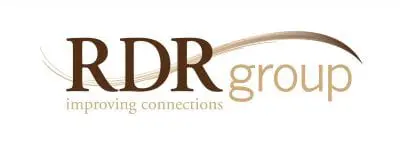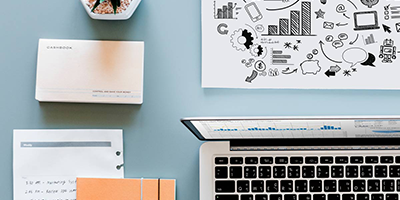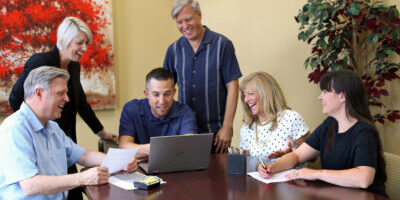No one who is straight, or who identifies with the gender they were assigned at birth, knows what it’s like to face misunderstanding, unfairness, and ridicule over their sexual orientation or gender identity – so I don’t pretend to speak for the LGBT community. But I can lend my support by telling how I overcame my own heterosexism and homophobia, in hopes of helping others learn to overcome theirs.
I am truly ashamed and sorry for the way I (and most of my generation—Boomers) ridiculed others if they did not fit the traditional gender roles. In my childhood and early adulthood, I was surrounded by others continually denouncing people who were LGBT (parents, peers, and society in general).
The strongest disapproval of course came from church traditions I was a part of back then and their interpretation of a few Bible verses where the word homosexual was mentioned. As a result of this conditioning that same-sex relationships were either wrong or frowned upon, I ended up homophobic – even though that word was not in my vocabulary. That doesn’t mean I was unkind toward those who were gay, but I certainly didn’t accept homosexuality as normal, and I had a negative bias about it. I remember the first time I saw two men kiss in public at a theater in Chicago and how uncomfortable it made me feel.
Four things changed my thinking:
- Learning that someone I deeply respected was gay. I took a job as a training manager for a national company and my supervisor was one of the smartest, friendliest and fair-minded people I ever met. After working for him for a year, a co-worker casually said: “you know Frank is gay, don’t you?” I was stunned because it never even dawned on me, and finding out forced me to rethink my biases.
- Delivering diversity training and questioning my own assumptions. After a few years teaching others to challenge their preconceptions, I realized I had some of my own that I never submitted to honesty scrutiny. The biggest was assuming homosexuality was a choice and not an orientation. Then I discovered a short video on YouTube. A man with a microphone was stopping people on the street and asking, “So, being gay – do you think people are just born that way or is it a choice?” Many respondents said: “I think it’s a choice.” Then the interviewer said, “Are you gay or straight?” They would answer “Straight”, and he would say “When did you choose to be straight?” The person would then fumble for words like: “Um, well, I didn’t really choose to be straight, it just kind of turned out that way.” He then asked, “Do you think it might be that way for someone who is gay?” It made me rethink my biases once again.
- Discovering a persuasive alternative to my religious understanding on the subject. While same-sex intercourse is mentioned in the Bible (quite sparingly), sexual orientation is not – and although the activity referred to is discouraged, it is certainly not referring to two homosexual oriented individuals committed to a lifelong relationship. This understanding helped me realize that being a person of faith does not necessitate being anti-gay.
- Becoming good friends with people who don’t share my sexual orientation. By far the most life-changing thing that transformed my heterosexism was getting to know others who were gay, lesbian, and transgender as friends. Not just acquaintances, but genuine friends – where we entered each other’s homes, heard each other’s stories, and shared meals and meaningful conversations. Once that happens you begin to appreciate the kind, loving, and good people they truly are. I once asked my friend, Holly, “What do you wish straight people would understand about being gay?” She replied, “that we are just normal people.”
I’m so glad attitudes are changing toward same-sex marriage, and that there is a broader acceptance of the LGBT community. Overcoming conditioning and bias can take some work, but it is so worth the effort. And it begins with a willingness to question groupthink and attempting to see things from another point of view.















